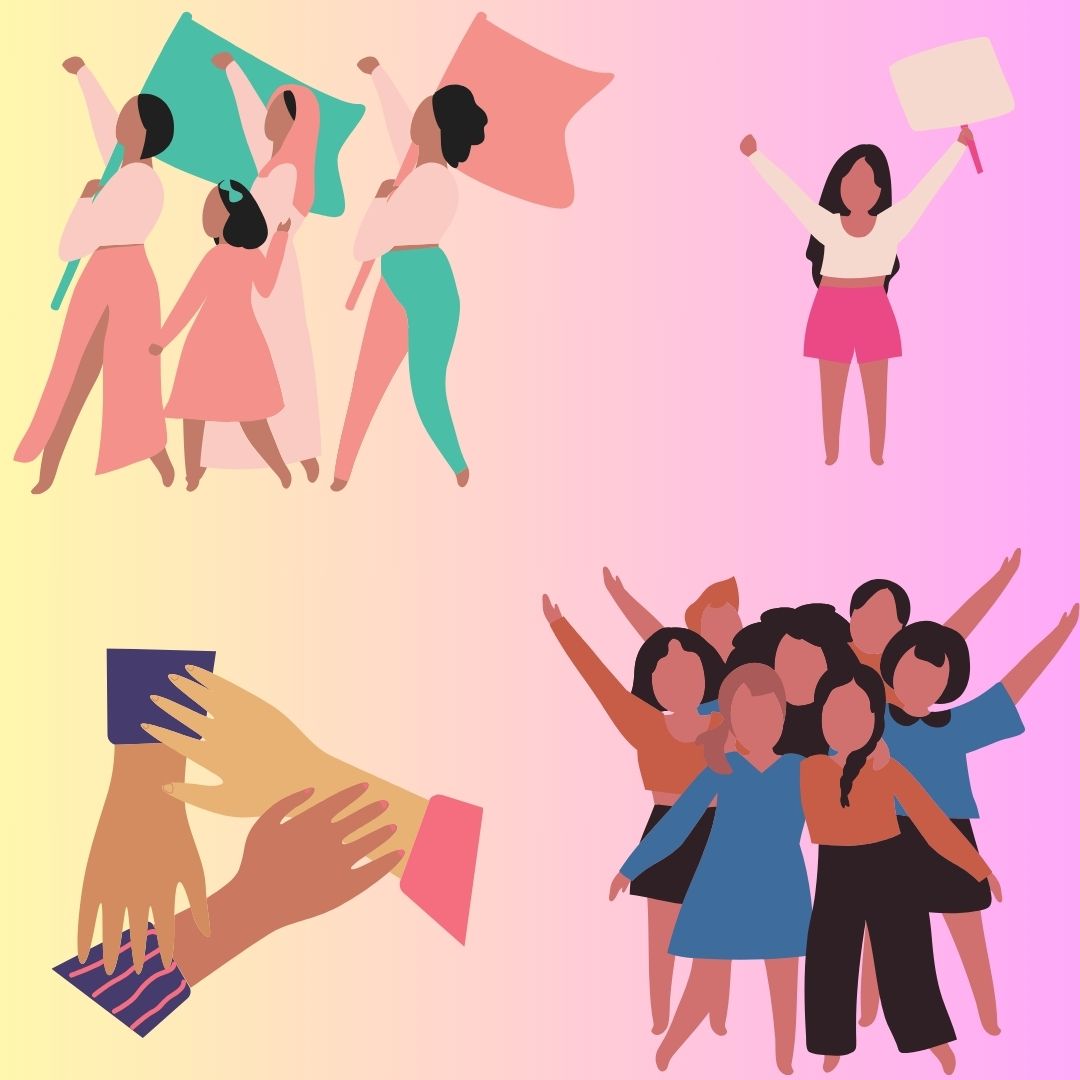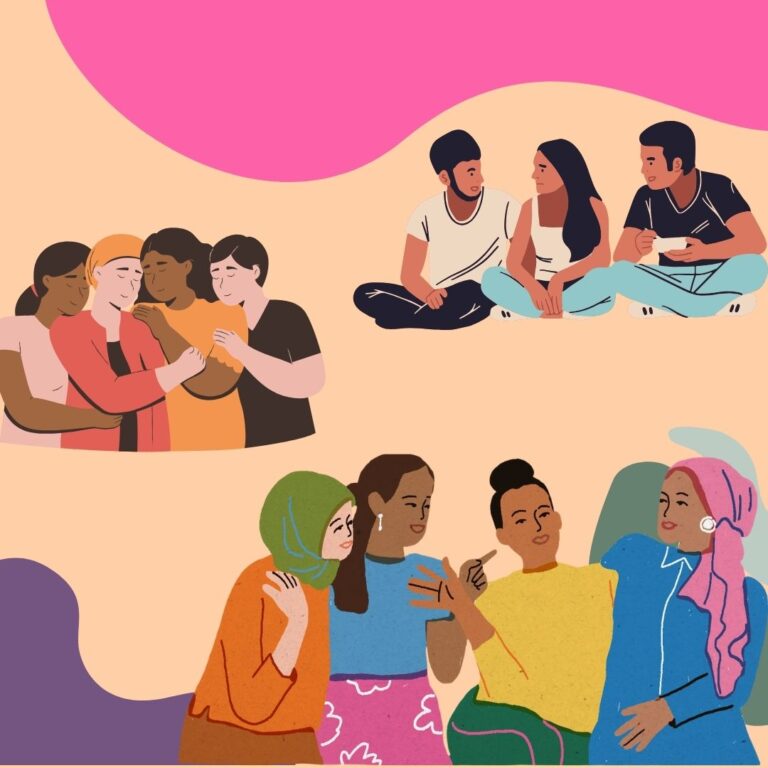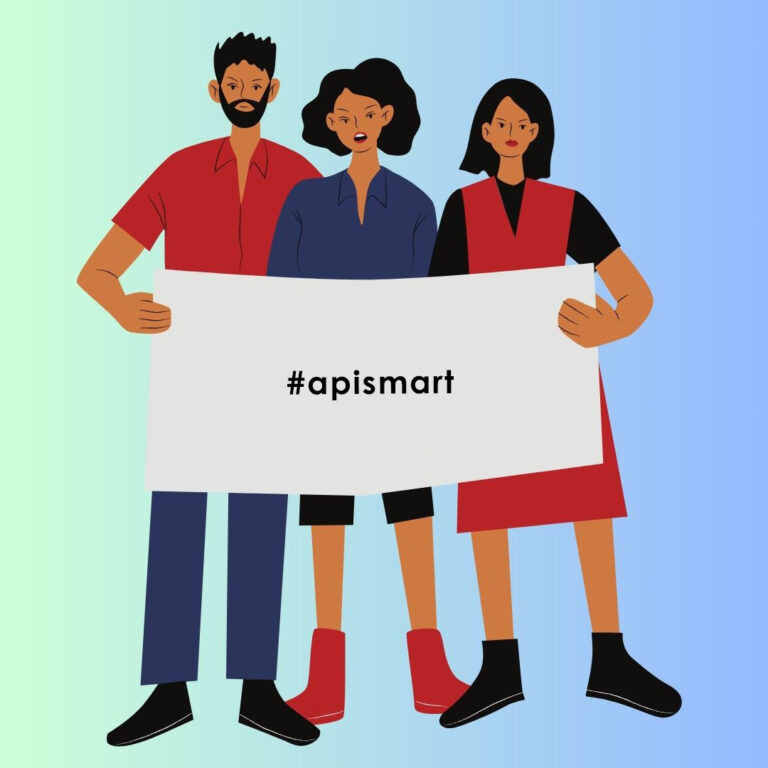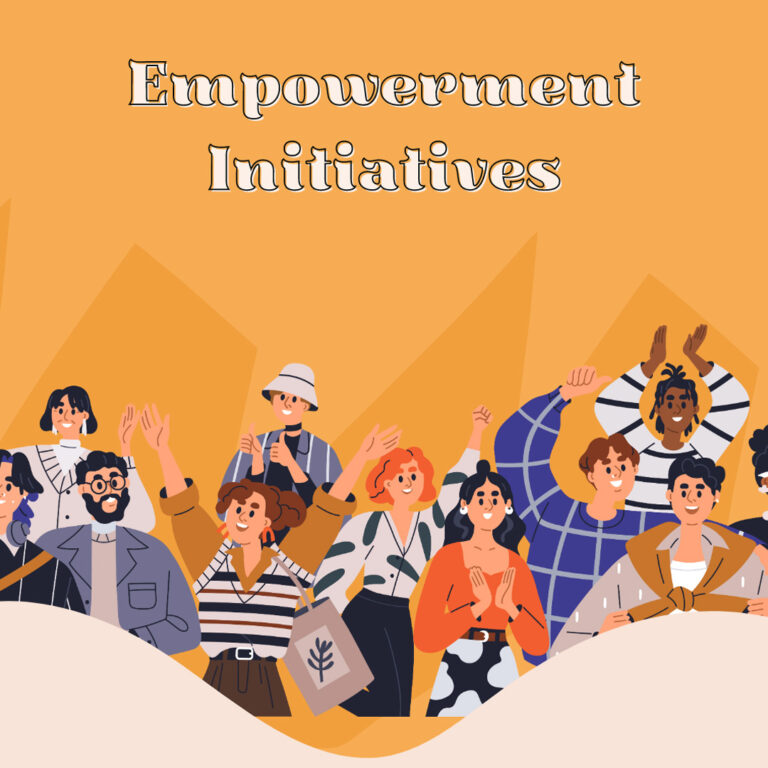Gender and Development
Sexual and gender-based violence (SGBV) is defined as any act committed against a person’s will that is based on gender norms and unequal power dynamics. It involves physical, mental, or psychological abuse, as well as sexual violence, as well as denial of resources or access to services. SGBV causes harm to women, girls, men, and boys and is a serious violation of several human rights.





